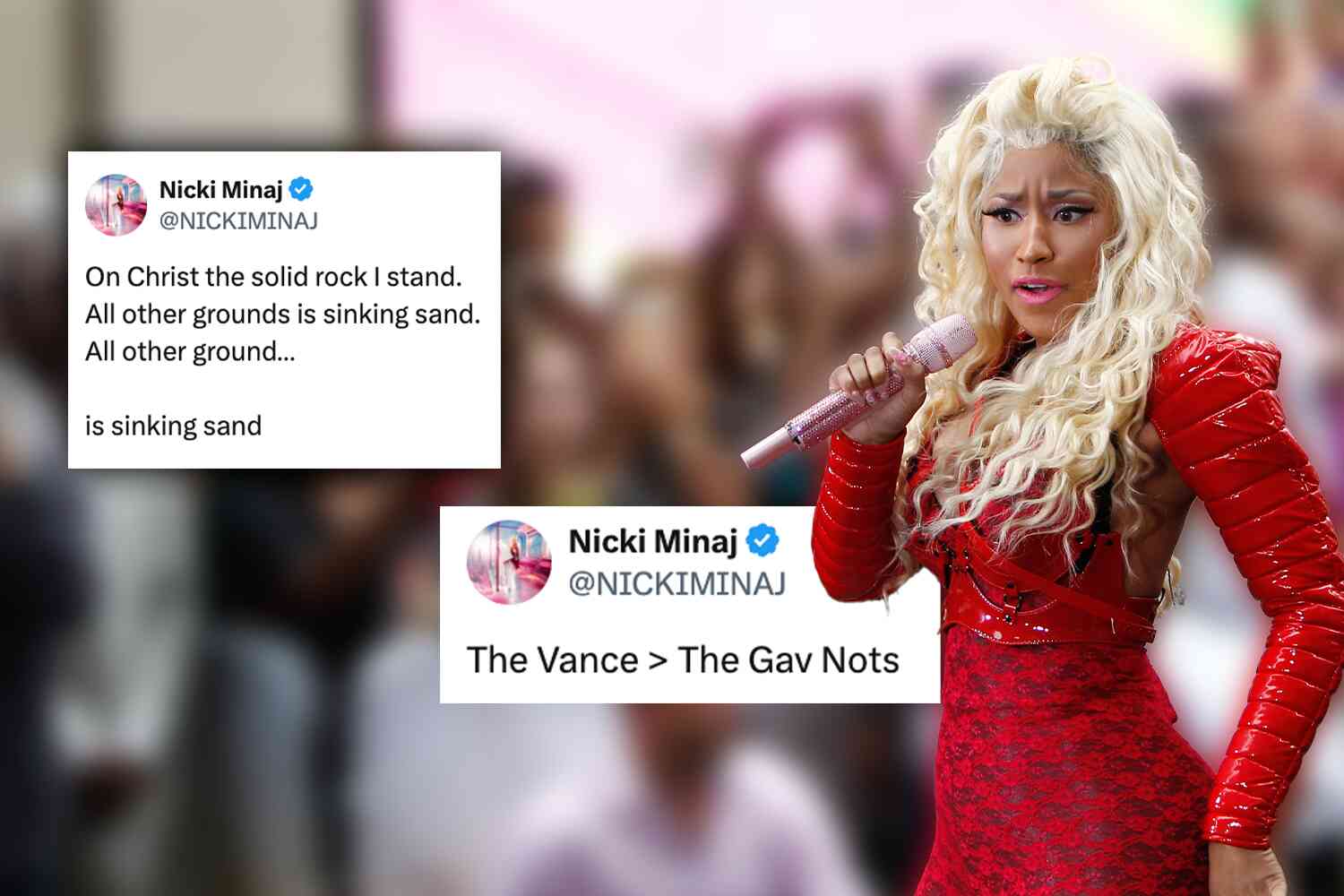Hey, look, in a number of metropolitan areas young women now earn as much as, or more than, young men.
Isn't that great? Women make more than men!

What accounts for this?
Women are outpacing men in education.
As young women outpace men in college education, their wages rise respectively, and they remain in the workforce during times of economic volatility.
I think we can all agree that the less education men have the better.
Keep 'em barefoot and in the meth lab, I say.
Just how pervasive is the gap?
Feast your empowered decolonized feminist eyes on this:
The biggest gap is in associate's degrees, which often provide students with immediately marketable skills even if they don't go on to a four-year college.
Just behind that, however, are master's degrees, with a 17.6-point gap in favor of women. In fact, there is no degree in which women don't have a material and growing lead over men.

At this rate, by 2030, men will be reduced to a sub-race of servile laborers, primarily tasked with killing spiders and reaching for things on high shelves.
Some people have taken notice that men are falling behind women in higher education, but it's very important that you stop listening to those people because we're not supposed to care about that. Instead, pay attention to these guys from this totally non-partisan institution that non-partisanly supports the Democratic legislative agenda:
The piece starts by noting others who have spread the completely accurate misinformation that men are falling behind in education in a dramatic fashion.
A recent Wall Street Journal article painted recent pandemic-driven declines in men's postsecondary enrollment as an escalating crisis with "no reversal. . .in sight."
How can anyone argue that this isn't true?
Easy! Argue about something else instead and hope no one notices.

In the figures below, we add to that picture by charting the percentage of young men and young women who are not in school or paid employment, segmented by age levels. Internationally, this is sometimes referred to as the "not in employment, education, or training," or NEET rate, a term we use here with the caveat that it isn't clear how well short-term job training is captured in US data.
In other words, instead of looking at postsecondary enrollment to determine postsecondary enrollment, we need to add numbers that have nothing to do with postsecondary enrollment and then make believe that's relevant.
And that's how you can create a graph like this that demonstrates how oppressed women remain despite all their masters degrees and doctorates.
It's very important that you give that as little thought as possible so we can move on to how this non-problem that has nothing to do with anything is caused by discrimination.
The widening gender gap in NEET rates as young women enter their late 20s and early 30s is largely, if not exclusively, due to more women than men taking on greater unpaid care obligations.
"Unpaid care obligations."
That would be "being a mom" to normal people who do not have advanced degrees and deep-seated psychological issues possibly involving unresolved issues with their fathers.
The current NEET gender gap for adults ages 25–34 who live with one or more of their own minor children is roughly 23 percentage points, while among adults in the same age range not caring for children, there is currently no meaningful gap (but there was a small one prior to 2020).
The problem as you can see, is obvious:
Too many women continue to insist on being women.
The findings show that while the gender pay gap is narrowing for young women, common life events such as child-rearing that occur as they age present persistent obstacles to wage growth, said Richard Fry, a senior researcher at Pew who conducted the study.
Yeah, that whole baby thing – that deep-seated emotional bond between a child and a mother that brings a kind of personal fulfillment and wonder that men will never truly understand – is an "obstacle to wage growth," which of course is what's most important.

"This is consistent with a finding that labor economists have well documented — that women suffer a penalty when they become a mom," he said.
Being a mom is a penalty, at least in terms of feeding the insatiable maw of soulless international corporate interests and unhappy childless single women who volunteer at cat shelters.

It should be noted, that when calculating wage gaps, it's not that becoming a mom is the problem in itself, it's that women choose to be a mom. From the Pew study:
Motherhood can also lead to interruptions in women's career paths and have an impact on long-term earnings. Our 2016 survey of workers who had taken parental, family or medical leave in the two years prior to the survey found that mothers typically take more time off than fathers after birth or adoption.
Those birthing pods and AI nannies can't come fast enough.
Of course, outside of these handful of metropolitan areas, the wage gap persists, and while almost all of it can be explained by that whole being-a-mom thing, there's also the problem that women work fewer hours, which you would think wouldn't matter but apparently working fewer hours can at times result in lower pay mostly due to our patriarchal cis-hetero misogynistic society. And also working fewer hours.
However, even among full-time, year-round workers, men and women devote different amounts of time to work. Men under 30 usually work 44 hours per week, on average, compared with 42 hours among young women.
While progress has been made, we have a ways to go ensuring men fall ever further behind in education, women stop spending all that wasted time raising children, and that women overall get paid the same as men regardless of the job, education, time off, and hours worked.
Only when clear and persistent wage gaps like this favoring women are common nationwide can we finally achieve true equity.

P.S. Now check out our latest video 👇









